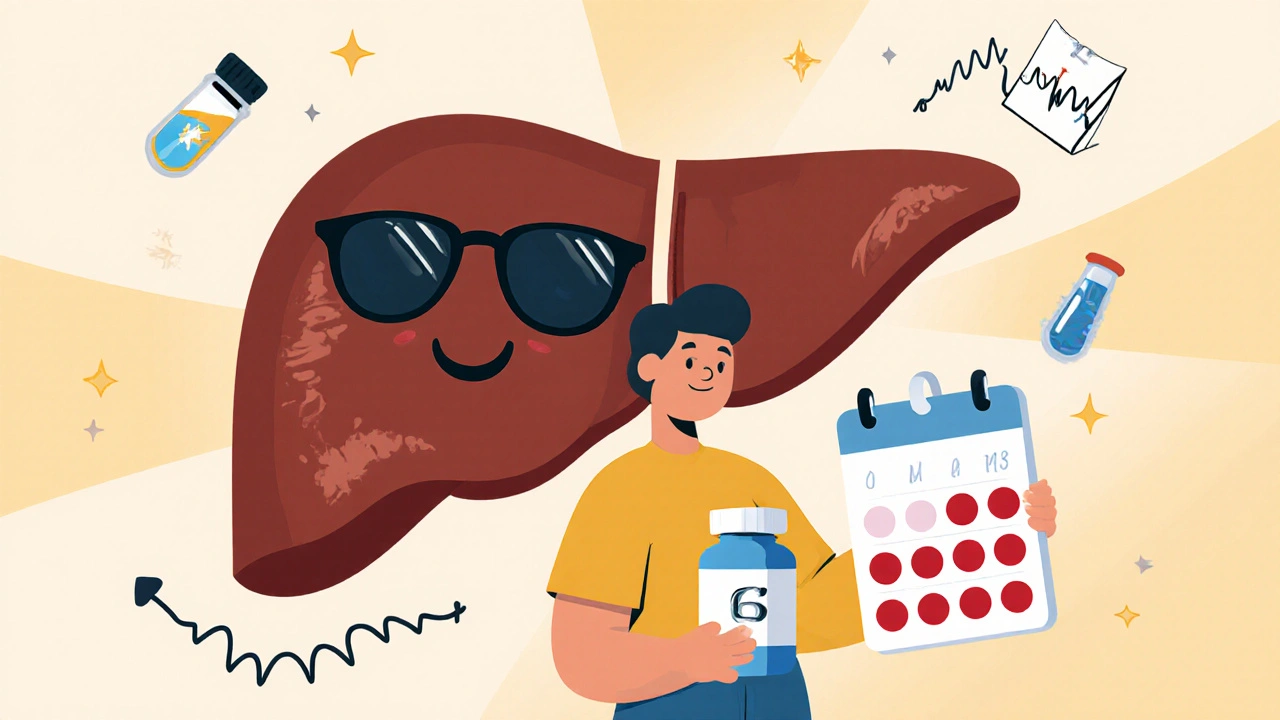Medical Checkups: What Men Need to Know and When to Get Them
When it comes to your health, medical checkups, routine visits to a healthcare provider to assess overall health and catch problems before they become serious. Also known as preventive care visits, they’re not about waiting until you feel sick—they’re about staying ahead of trouble. Too many men skip these visits because they feel fine, but that’s exactly when they matter most. Conditions like high blood pressure, early-stage diabetes, or prostate issues often show no symptoms until they’re advanced. A simple blood test or physical exam can spot them long before you’d notice anything wrong.
Medical checkups aren’t one-size-fits-all. What you need at 35 is different from what you need at 55. For example, men over 40 should get regular blood pressure, the force of blood pushing against artery walls, a key indicator of heart health checks because hypertension silently damages organs over time. Around the same age, cholesterol, a waxy substance in your blood that can build up in arteries and lead to heart disease levels need monitoring, especially if you’re overweight or have a family history of heart problems. And starting at 45–50, prostate cancer screening, a test to detect abnormal growth in the prostate gland, often done with a PSA blood test and digital exam becomes part of the conversation. These aren’t scary rituals—they’re basic tools, like checking your car’s oil before a long trip.
What you find during a checkup often links directly to the issues covered in our posts. High blood sugar? That connects to diabetes and how drugs like sitagliptin help manage it. High potassium? That’s tied to ACE inhibitors and the risks of combining them with certain diuretics. Skin reactions to sunlight? That’s photosensitivity, which shows up in people on specific medications. Even fertility concerns with mycophenolate mofetil or how oral thrush signals a weakened immune system—all of these can show up during routine visits. You don’t need to wait for symptoms to act. A checkup turns vague worries into clear answers.
There’s no magic age to start, but if you’re over 30, you’re overdue. If you smoke, drink heavily, or have a chronic condition, you need them even more often. The goal isn’t to find something wrong—it’s to make sure nothing’s quietly going wrong. And if something does show up? You’re already ahead of the game. Below, you’ll find real, practical guides on the medications, conditions, and tests that come up in these visits—so you know what to ask, what to watch for, and when to push for more answers.
Entecavir controls hepatitis B but doesn't cure it. Regular medical checkups are essential to monitor liver health, detect early signs of damage, and prevent liver cancer. Skipping visits puts your long-term health at risk.

